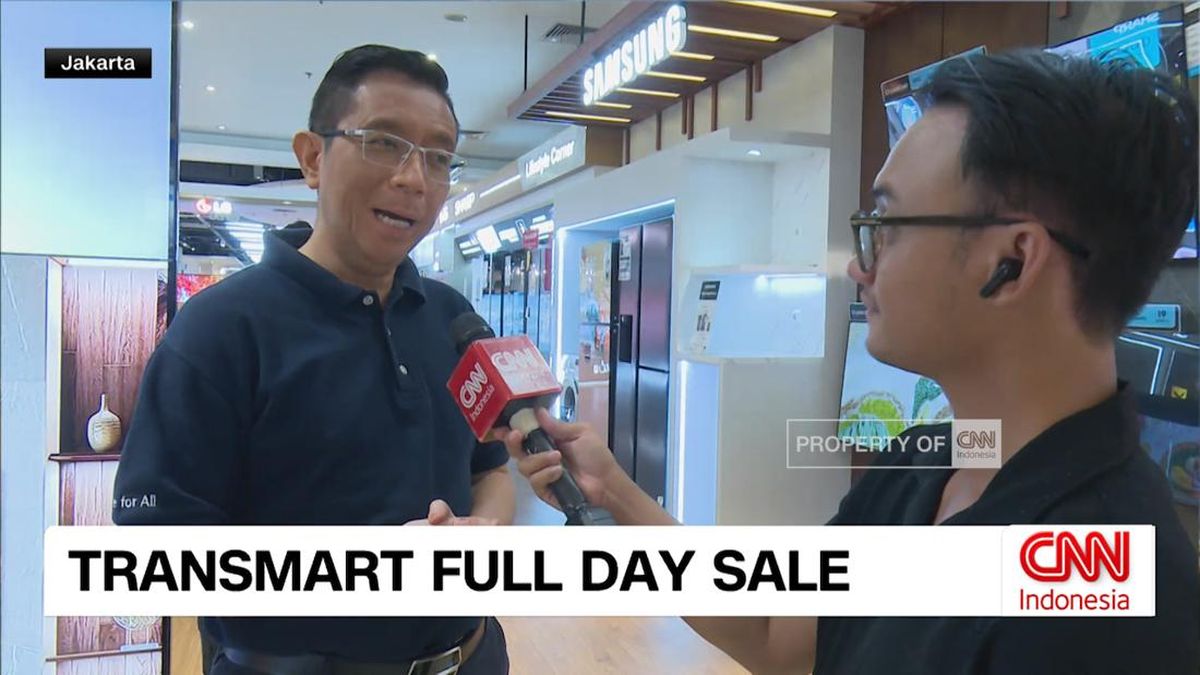As a parent, teacher and someone who is constantly wrestling with their screen time, I’m sufficiently anxious about how our brains are being twisted and warped by algorithms, AI, digital charlatans and other clickbait terrors.
At work and at home, I do my best to try to embed digital literacy skills and barriers. My daughter’s YouTube account is so locked down she can pretty much only access phonics tutorials. I regularly interrupt classes to lecture my students about how influencers are financially incentivised to keep them outraged, scared and scrolling.

Boomers are at risk of being captured by an internet fast becoming ruled by bots and AI slop.Credit: Getty Images
When I meet people and mention that I’m a teacher and relatively new parent, they want to know, how fried are kids today? How worried should we be about a generation who learned to balance a bottle in one hand and a smartphone in the other?
Yet, my response isn’t what they expect. Yes, I’m worried about the kids in our lives. But I’m far more worried about our parents.
The plight of Boomers cresting the web isn’t a new social concern. Everyone knows someone whose once genial, regulated and reasonable parent has been changed by social media and online “news”. One day, they’re asking if you remembered to get the flu shot. The next, they’re talking about sovereign citizens and teenagers identifying as cats.
Thankfully, my parents still believe fluoride should be in tap water and that birds are not government spies. They watch the news with a healthy mix of trust and scepticism. They know politicians lie, journalists make mistakes and companies act in the interests of profits not people.
Loading
Perhaps that made me drop my guard about what they do online. Until recently, I’d never caught my dad doing anything more nefarious than editing Wikipedia entries about mid-century naval battles. So when I noticed him watching an AI-generated video with a robotic voiceover, I was surprised.
Standing behind him, I watched the clip unfold. Residents of some uncanny valley floated onscreen, recounting a rambling story of a mother-in-law who had done someone wrong. Before I could catch up, he clicked onto another video. In this one, a similar disembodied voice told the tale of a lying husband over unrelated stock images of flowers and traffic jams. Before the sleight was fully explained, Dad clicked on to another clip – a faux narrator expounding the misdeeds of a shonky landlord.
I didn’t recognise the particular video, but I immediately understood the category of content. In recent years, the internet has become awash with what’s commonly known as AI slop. Tech journalist Jason Koebler explains that on social media, this content has turned platforms like Facebook from a place of connecting with old school friends and celebrating wholesome life milestones into “a mix of bots, humans, and accounts that were once humans but aren’t any more interact[ing] to form a disastrous website where there is little social connection at all”.
Loading
Often labelled the “zombie internet”, on my social media feed, it takes the form of dead-eyed, not-quite-human interest stories – an apparently 122-year-old woman who is nimble enough to bake her own birthday cake. An impossibly intricate Gaudi-style apartment building that doesn’t exist. Beneath these posts I see my parents’ friends post, “Amazing!” and “Can’t wait to visit!”
Mostly, this stuff is just annoying. But even when it is effectively “harmless”, its existence and appeal speaks to a larger fear that the people who taught us to tie our shoes and navigate complex social dynamics are being fooled by a fake charcuterie portrait of the Pope.
After a few minutes of watching my father absorb this slop, I asked him about the videos. He looked sheepish. “Oh, it’s just rubbish. People having a whinge on the internet.” I asked why he was watching it. “I don’t know.” Conscious of his growing awkwardness, I left it, assuring him that everyone’s algorithm was embarrassing.
My discomfort isn’t unwarranted, though. Research from the Chinese Academy of Sciences shows that older adults are uniquely at risk from this kind of addictive online content, and that cognitive decline can impact self-control, compulsive use and addictive behaviours – a perfect recipe for endless scrolling. The work also notes that older people are often more socially disconnected, meaning they’re spending more time online and are less likely to have a support network on hand to disrupt unhealthy behaviours.
Loading
When I broached the subject with my parents a couple of weeks later, I had that in mind. Once again, I asked my dad about the AI videos and once again he avoided my questions. I didn’t want them to feel their child was threatening their screen time as delayed revenge for making me turn off The Simpsons. But I knew talking to them about the content they were suddenly so enthralled by was a 21st-century act of love.
Careful not to press too hard, I asked who was editing the Wikipedia entries about naval battles in his absence and pulled him into a conversation about what books we were both reading. Later, I took my mum aside and tried to explain what AI content was and why she should try to draw Dad away from the glow of his screen.
While the content was not lewd or traditionally disturbing, the image of him sitting there transfixed stuck with me. It felt familiar; not too different to the hypnosis cast on my daughter when she somehow bypasses safety restrictions and stumbles onto the unregulated YouTube hellscape.
But for all the time I’d spent trying to protect her little brain from internet slop, I didn’t realise I needed to be safeguarding my parents too.
Wendy Syfret is an author and a freelance writer based in Melbourne.
Get a weekly wrap of views that will challenge, champion and inform your own. Sign up for our Opinion newsletter.
Most Viewed in Lifestyle
Loading


















































